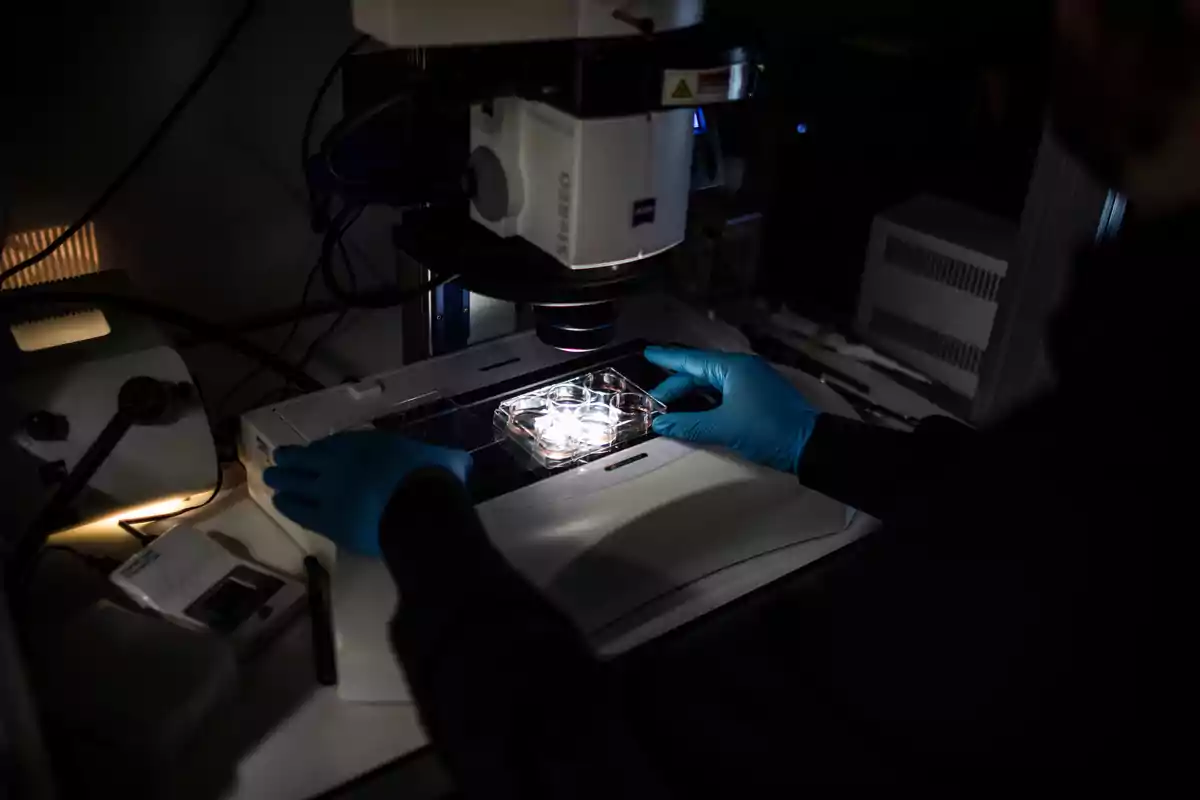Today, June 16, the world celebrates World Biotechnology Day. Suitable for recognizing and promoting the progress and impact of this specialty in various fields such as medicine, agriculture and industry. This day is dedicated to raising awareness about the importance of biotechnology and its applications to improve the quality of human life and the environment.
This international day is celebrated on June 16, because on this date in 1980, genetic engineer Ananda Mohan Chakrabarty developed bacteria of the genus Pseudomonas, which aims to decompose crude oil to treat oil spills, thus preserving the environment. It was a discovery considered patent-eligible, and the U.S. Supreme Court upheld it
What is biotechnology?
Biotechnology is an interdisciplinary field that uses principles and techniques from biology, chemistry, physics, and engineering to develop products and processes that improve human life and the environment. It is based on the manipulation of living organisms or biological systems to produce useful goods and services. Biotechnology includes everything from genetically modifying microorganisms to produce antibiotics to creating genetically modified plants that are resistant to pests and diseases.
Biotechnology has applications in multiple sectors. In medicine, this technology has enabled the development of innovative treatments such as gene therapy, biotechnology drugs, including monoclonal antibodies, and modern vaccines. In agriculture, biotechnology has led to the production of genetically modified crops that are more resistant to diseases, pests and adverse weather conditions, leading to increased productivity and food security. In industry, it is used for biofuel production, waste management and manufacturing of biodegradable products.
Biotechnology contributions
The contributions of biotechnology are broad and profound. In the field of health, it has revolutionized the treatment of diseases by offering personalized treatments and the possibility of gene editing to correct genetic defects. In agriculture, it has contributed significantly to global food security by producing more nutritious and resilient crops. In industry, biotechnology has enabled the development of more sustainable and environmental processes, reducing the environmental impact of industrial production.
Many scientists have made significant contributions to the field of biotechnology. One of the most prominent of these is Herbert Boyer, co-founder of Genentech and pioneer of recombinant DNA technology, which was fundamental to genetic engineering. Jennifer Doudna and Emmanuelle Charpentier are also key figures, recognized for their work in gene editing using CRISPR-Cas9, a revolutionary tool that allows precise and efficient modification of DNA. Other important names include Cary Mullis, inventor of the polymerase chain reaction (PCR), and Craig Venter, known for his role in sequencing the human genome.

“Infuriatingly humble social media buff. Twitter advocate. Writer. Internet nerd.”










